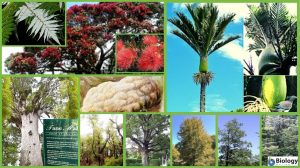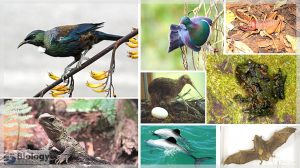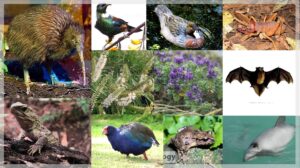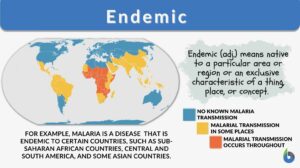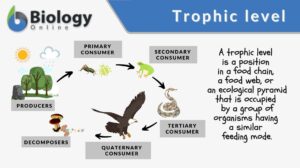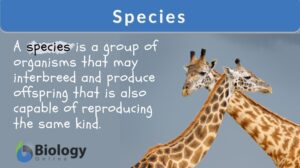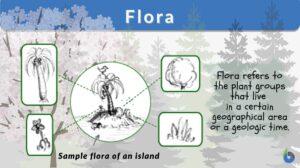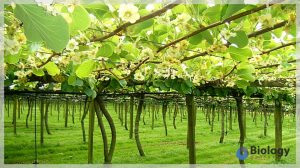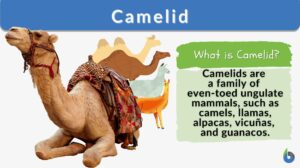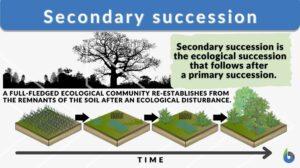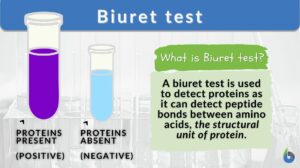Search Results for: native
Native protein
Definition noun, plural: native proteins The protein inside the cell that is in its native or natural state and unaltered... Read More
New Zealand’s Unique Flora
By: Maria Victoria GonzagaIn the previous lesson, we've come to know some of the most fascinating endemic... Read More
New Zealand’s Unique Fauna
By: Maria Victoria GonzagaIn the previous lesson, we learned about the high biodiversity of New Zealand and how... Read More
Apparent competition
Competition Definition One of the many branches of biology is ecology. Ecology is the study of the relationships that the... Read More
New Zealand’s Biodiversity
Written by: Maria Victoria GonzagaPeer-reviewed by: Cathy Buntting, Ph.D. and Andrea SoanesWhy is New... Read More
Exotic species
Exotic Species Definition What is an exotic species? In biology, an exotic species refers to a plant species or an animal... Read More
Community Patterns
By: Maria Victoria GonzagaIn the previous lesson, we learned what a population is, its attributes, and processes... Read More
Trophic level
In ecology, a trophic level pertains to a position in a food chain or ecological pyramid occupied by a group of organisms... Read More
Ecology & Biodiversity: New Zealand Flora & Fauna
New Zealand is known for its unique biodiversity, caused by its remarkable geography and geologic history. Breaking away... Read More
Biosecurity and Biocontrol
By: Maria Victoria GonzagaIn the previous lesson, we learned about the importance of modern science... Read More
Population Growth and Survivorship
By: Maria Victoria GonzagaPreviously, we learned about biodiversity and endemism. Now, let's look at the... Read More
Renaturation
Definition noun, plural: renaturations (molecular biology) The conversion of denatured protein or nucleic acid to its native... Read More
Predisposing factors
All organisms can be born with or develop a disease at any point in their lifetime. When someone is born with a disease, it... Read More
Vascular plants
Definition of Vascular plants The term 'vascular' is derived from the Latin word vāsculum, vās, meaning "a container and... Read More
New Zealand’s Unique Geographical History
Written by: Maria Victoria GonzagaPeer-reviewed by: Cathy Buntting, Ph.D. and Andrea SoanesNew Zealand is... Read More
Ficus benghalensis
Definition noun (botany) A fig species of the family Moraceae that is native to the Indian Subcontinent and colloquially... Read More
Scared to Death
Scared to Death: Self-Willed Death, or the Bone-Pointing Syndrome by Patrick D Hahn Accepted on: September 4,... Read More
Secondary succession
We all have come across news where forest lands got destroyed by wildfires. Or sometimes we have read about an entire... Read More
Biuret test
In this article we will answer the following three questions: What is a Biuret Test? What does biuret test for? What is... Read More
Expatriation
Migration from a place (especially migration from your native country in order to settle in... Read More
Dragon fruit
Definition noun, plural: dragon fruits (1) Hylocereus undatus, the cactus species of the family Cactaceae, and native to... Read More

